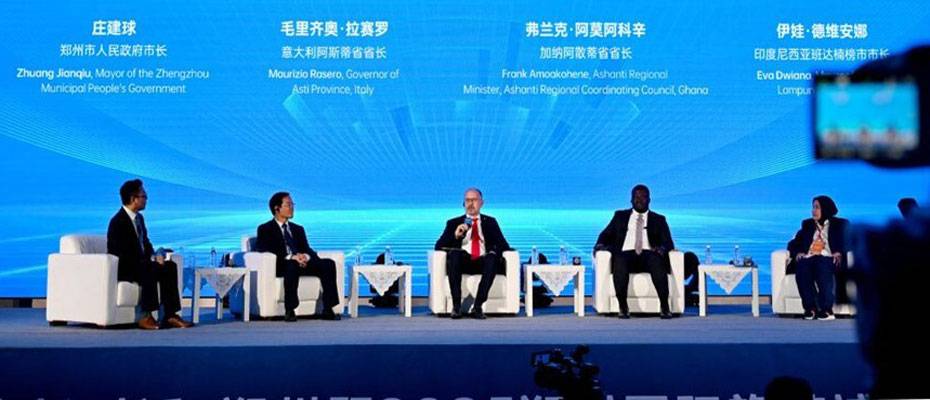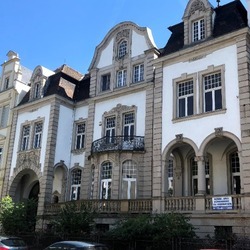Tourexpi
From October 22 to 25, the Global Mayors
Dialogue·Zhengzhou and the 2025 International Mayor’s Forum on Tourism convened
in Zhengzhou, Henan Province, under the theme “Preserving the Cultural Legacy
of Ancient Capitals and Driving Urban Renewal.” The event gathered nearly 300
participants, including mayors, city representatives, urban planners, and
scholars from Italy, Spain, Bulgaria, and New Zealand, to explore how cultural
heritage can serve as a catalyst for sustainable urban development.
Archaeology first: Zhengzhou’s model for heritage-led
development
Zhengzhou has emerged as a pioneer in aligning archaeological
preservation with urban planning through its policy of “archaeology first,
construction later.” This framework ensures that urban growth does not come at
the expense of the city’s cultural relics, providing institutional protection
for the integration of history into modern infrastructure.
One example is the Zhengzhou Shang City Archaeological
Site Park, where a design approach emphasizing interactive, experiential
learning allows visitors to engage with the 3,600-year-old city walls of the
Shang Dynasty in a living urban context. Similarly, the Fuminli Cultural Block
preserves the city’s original street grid while incorporating cultural
industries and creative spaces, fostering a dynamic coexistence of tradition
and modern life.
Voices from around the world
Maurizio Rasero, governor of Italy’s Asti Province,
highlighted Zhengzhou’s success in preserving its heritage amid modernization:
“Zhengzhou has not forgotten its traditions and
history,” he said. Drawing parallels with Asti’s experience, Rasero described
how historical sites there have been transformed into cultural centers and
experiential tourism hubs rooted in the region’s winemaking legacy —
initiatives that “protect heritage while giving it new vitality.”
Juan de Dios Pérez García, mayor of Palomeque, Spain,
lauded Zhengzhou as “a historic and cultural city that preserves the charm of
its old quarters while embracing a modern style.” He proposed the idea of “proactive
protection” — integrating contemporary design elements into traditional
settings to ensure the sustainable evolution of historic districts.
Tania Arihia Tapsell, mayor of Rotorua, New Zealand,
commended Zhengzhou’s use of modern technology to revive traditional culture,
noting that it not only strengthens identity but also creates jobs and fosters
economic growth. She expressed enthusiasm for expanding cooperation between
Zhengzhou and Rotorua.
A vision for balanced renewal
Concluding the forum, An Wei, member of the Standing
Committee of the Henan Provincial Party Committee and secretary of the
Zhengzhou Municipal Party Committee, emphasized that urban renewal must
transcend restoration alone:
“Urban renewal is not merely about restoration or
reconstruction, but about the organic growth of a city. Every city must find
its own balanced approach to making breakthroughs in cultural innovation.”
The Global Mayors Dialogue underscored a shared belief
among international city leaders: that heritage is not an obstacle to progress,
but a foundation for creativity and identity in the cities of tomorrow.
Image
Credit: ©
The Global Mayors
Dialogue·Zhengzhou Organizing Committee Office
The most interesting news
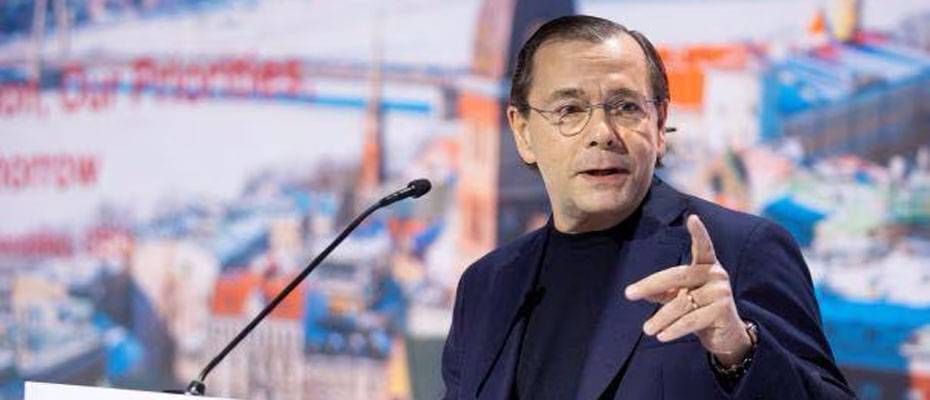 Read the News
Read the News

The Club Hotel Services expands Pulse and GEMS to drive integrated commercial performance
Radisson Hotel Group strengthens data-driven revenue, sales and meetings operations through proprietary platforms
 Read the News
Read the News

EVA Air expands U.S. network with nonstop Taipei–Washington service
New route launches on 26 June with four weekly flights
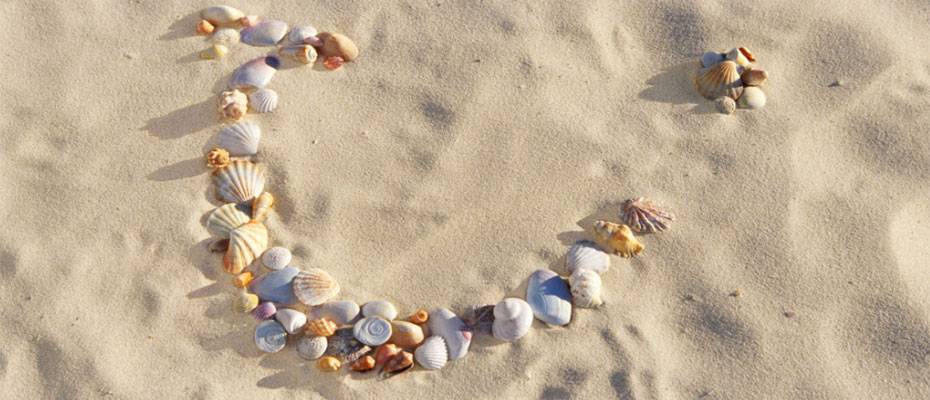 Read the News
Read the News

TUI Annual General Meeting approves return to dividend
Shareholders endorse new dividend policy and governance adjustments
 Read the News
Read the News

The Ritz-Carlton and Kilometre Paris unveil handcrafted travel capsule
Limited-edition accessories inspired by four iconic coastal resorts
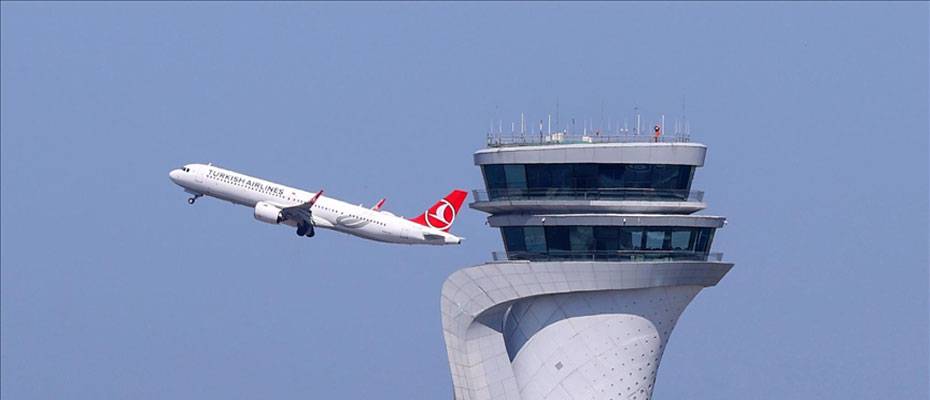 Read the News
Read the News

Turkish Airlines Carries 7,6 Million Passengers in January
Flag carrier reports double-digit growth and strong load factor at the start of 2026
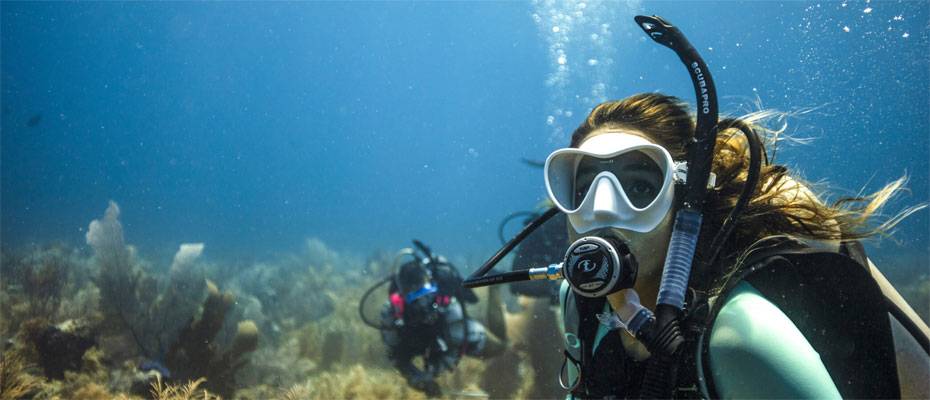 Read the News
Read the News

TAT Strengthens Dive Tourism with PADI Partnership
New alliance positions scuba diving as a wellness-led, responsible travel experience under the global “Healing is the New Luxury” campaign
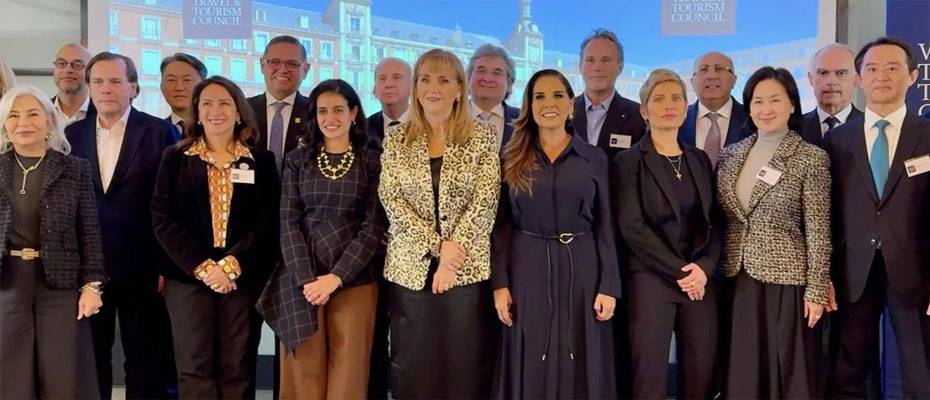 Read the News
Read the News

WTTC high-level meeting in Madrid explores global investment outlook for Travel & Tourism
Industry leaders and policymakers highlight growth potential, sustainability and the role of public-private partnerships
 Read the News
Read the News

Sabre accelerates air shopping with cache-powered intelligent technology
New AI-driven solution delivers real-time, bookable flight offers in under 500 milliseconds while reducing look-to-book ratios
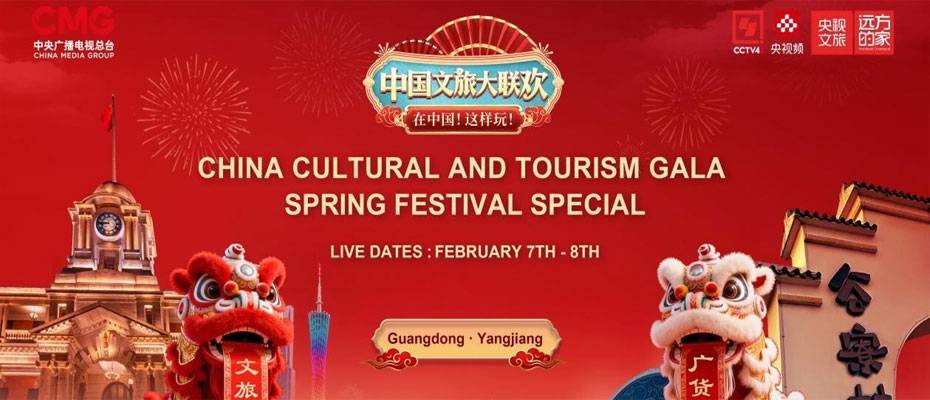 Read the News
Read the News

China Cultural and Tourism Gala marks Spring Festival with Yangjiang launch
Nearly 20-hour livestream showcases Guangdong and nationwide destinations for domestic and international audiences
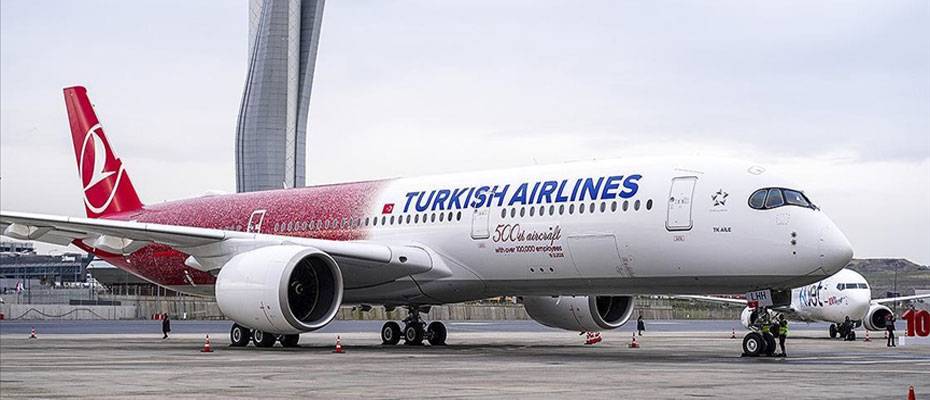 Read the News
Read the News

Turkish Airlines welcomes 500th aircraft
Airbus A350 named “TK Aile” features images of 100,000 employees
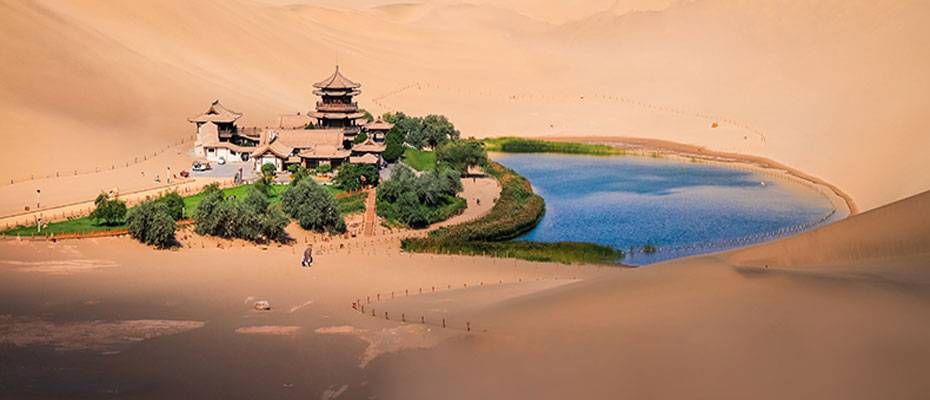 Read the News
Read the News

Marriott International posts record growth in Greater China
More than 200 deals signed in 2025, expanding pipeline by 36,000 rooms / Luxury, premium and select-service brands drive development momentum
 Read the News
Read the News

Disney Cruise Line unveils expanded summer 2027 programme
New European season for Disney Wish, broader Caribbean and Alaska itineraries / Marvel and Pixar themed cruises return
 Read the News
Read the News

Condor Launches Inaugural Flight to Haikou, Expanding China Network
Seasonal service strengthens presence on Hainan Island and responds to peak holiday demand
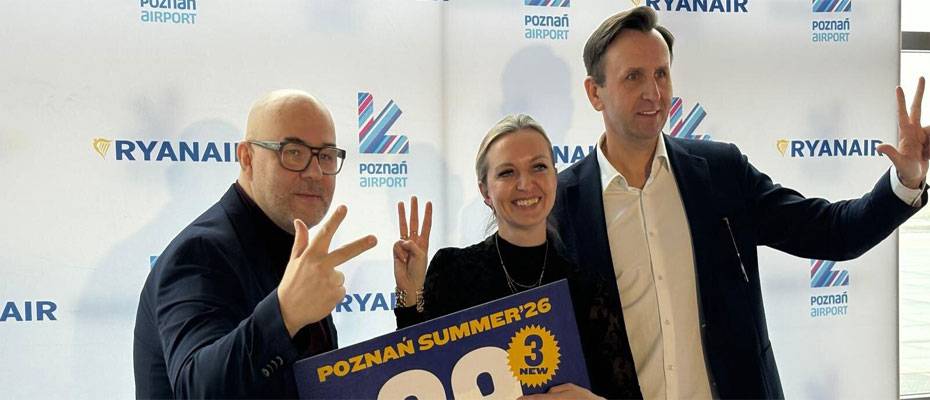 Read the News
Read the News

Ryanair unveils Summer 2026 schedule for Poznań
39 routes, including three new destinations, and five based aircraft
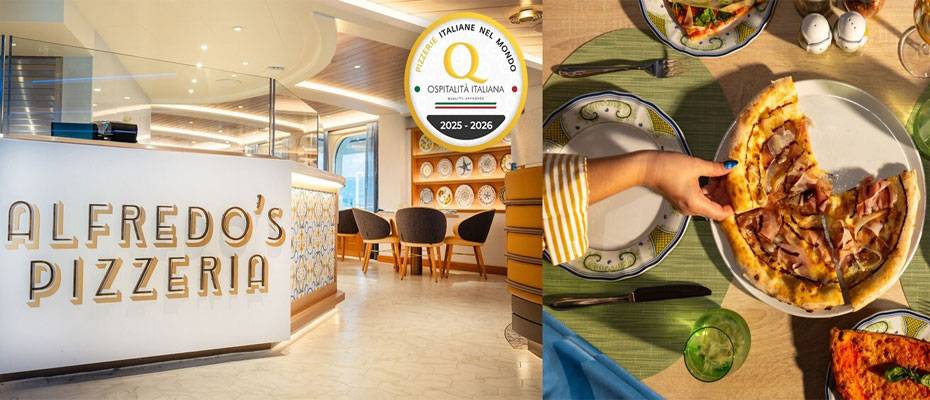 Read the News
Read the News

Princess Cruises Celebrates Ospitalità Italiana Certification for Alfredo’s Pizzeria
Prestigious seal honors authentic Italian pizza aboard Sun Princess and Star Princess
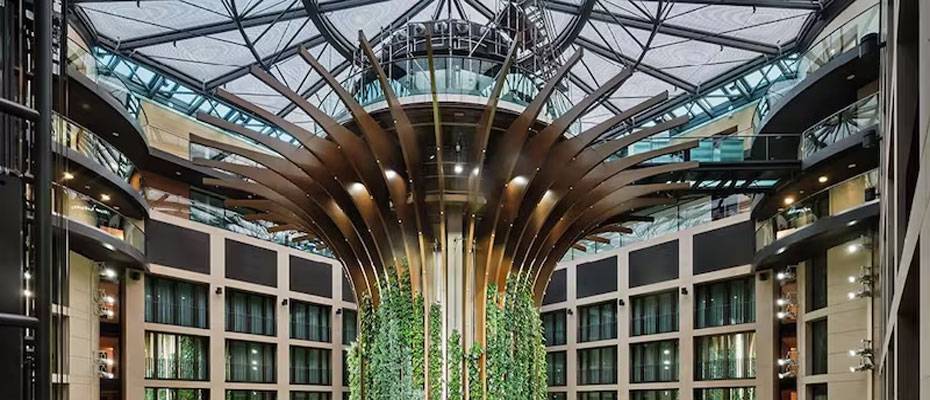 Read the News
Read the News

Radisson Hotel Group and Amadeus introduce direct API connectivity
New interface links EMMA CRS with the Amadeus Travel Platform
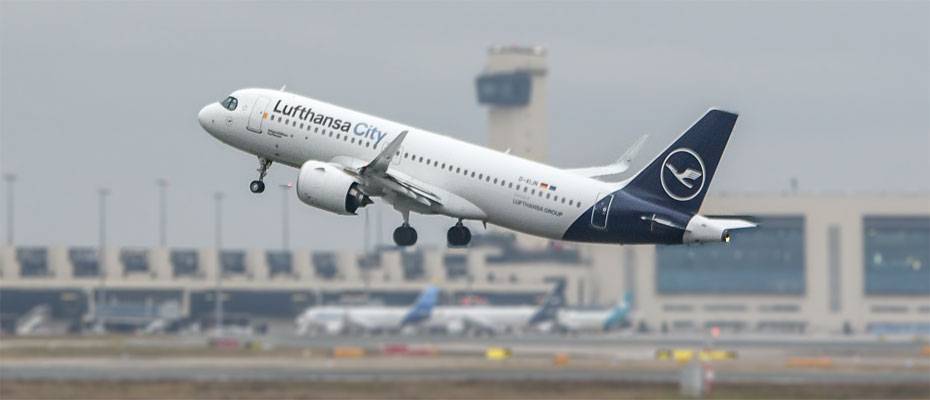 Read the News
Read the News

Lufthansa City Airlines opens Frankfurt base
Operations begin at the Group’s largest hub on 9 February 2026 / Five destinations at launch, fleet to grow to seven A320neo aircraft by autumn
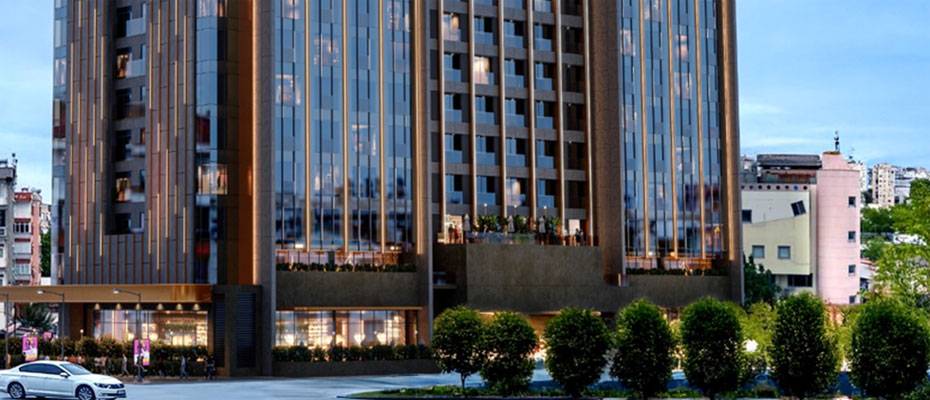 Read the News
Read the News

Hilton Accelerates Growth in Türkiye With Five New Hotel Signings
Expansion across four brands strengthens lifestyle portfolio and regional footprint
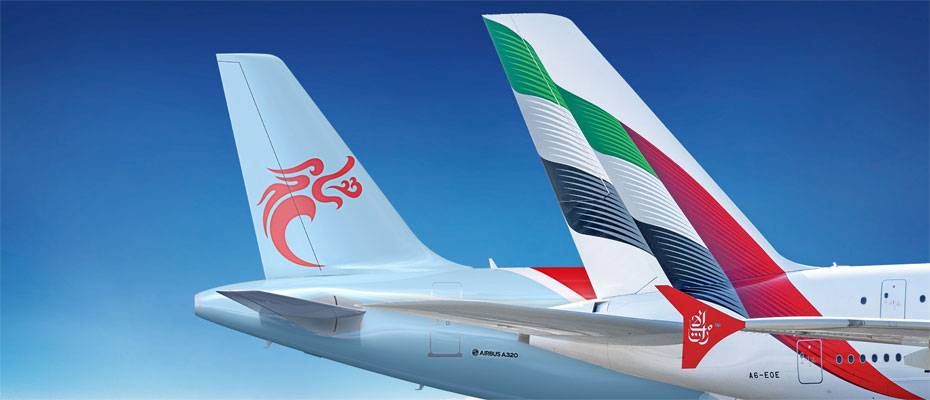 Read the News
Read the News

Emirates broadens China network via Loong Air partnership
Interline agreement opens access to 22 additional destinations
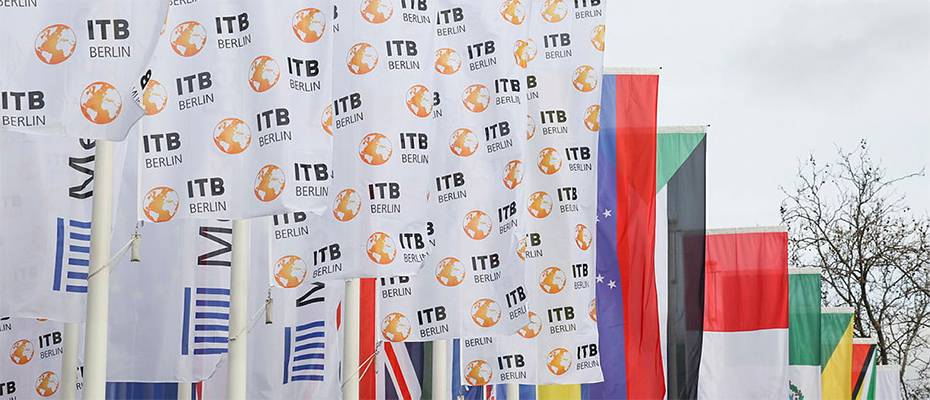 Read the News
Read the News

ITB Berlin 2026 fully booked for milestone edition
Anniversary show draws exhibitors from over 160 countries
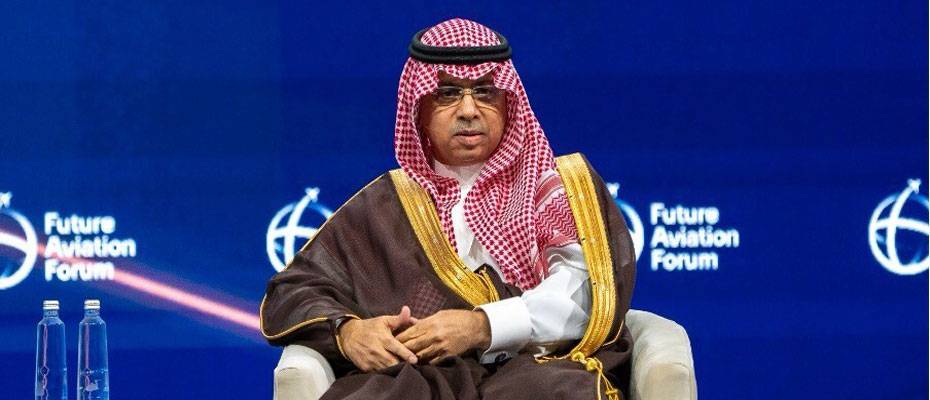 Read the News
Read the News

Saudi Arabia confirms 2026 Future Aviation Forum in Riyadh
Global industry gathering returns from 20–22 April

